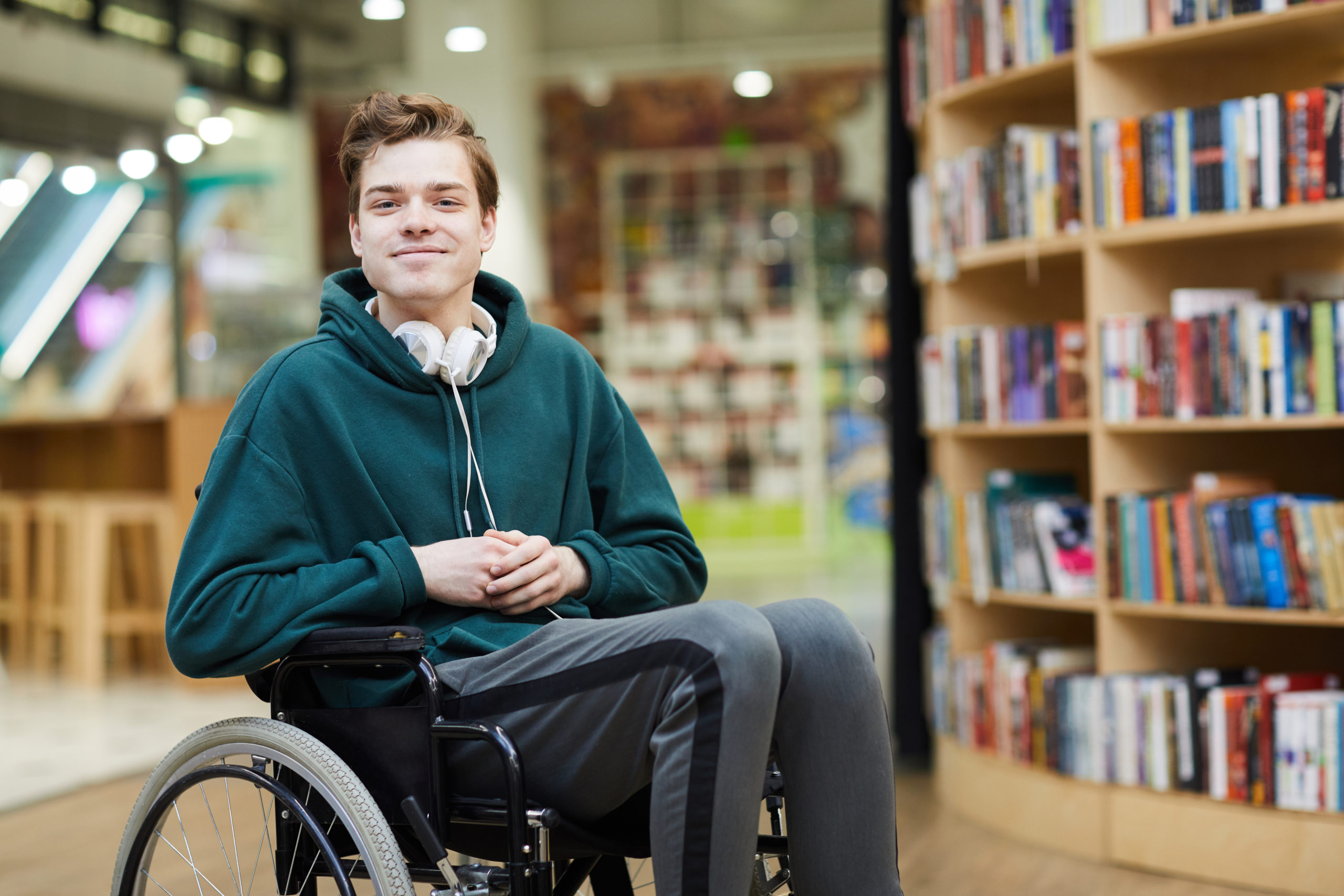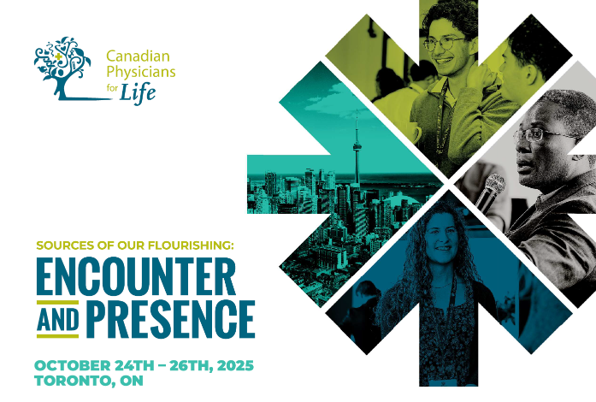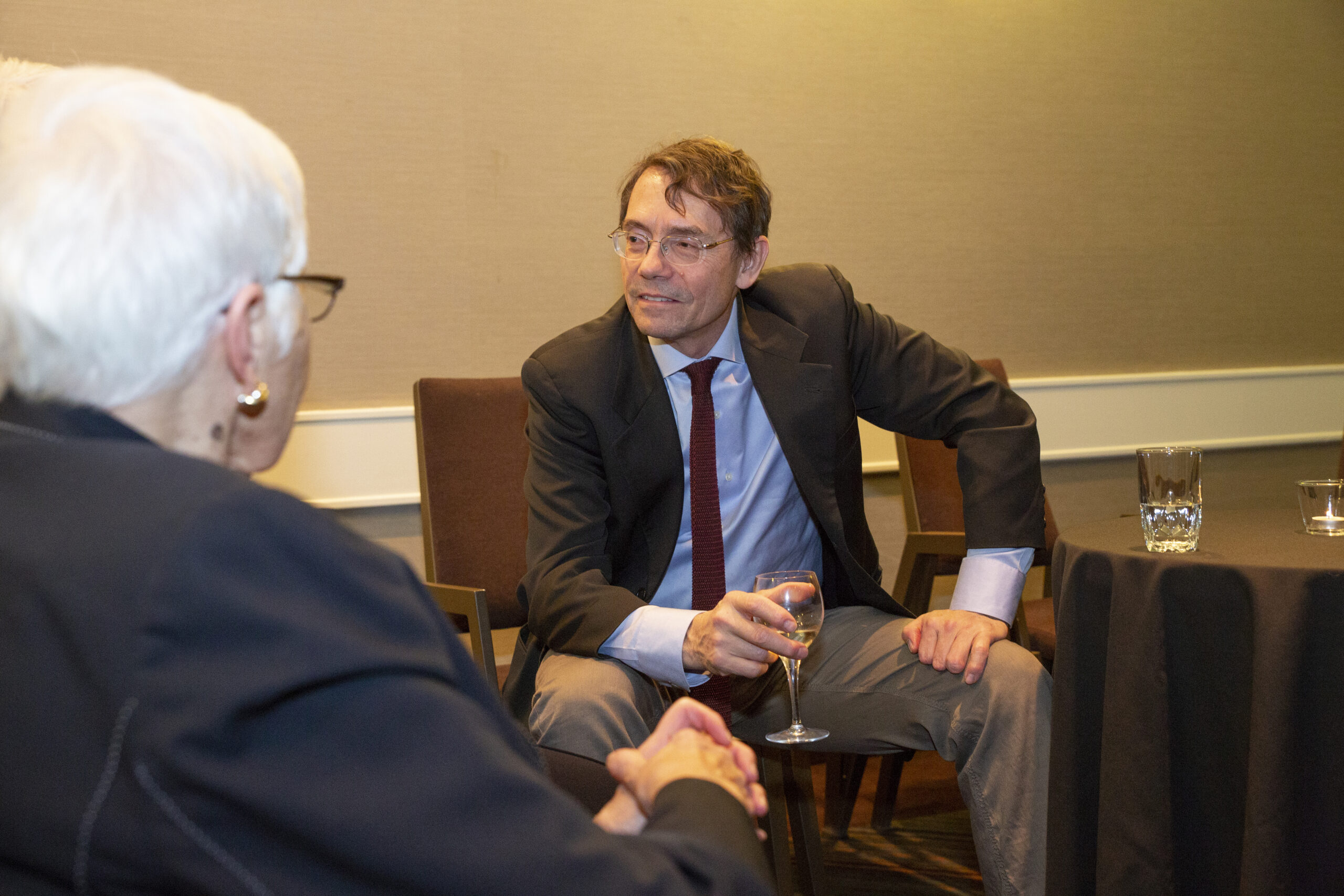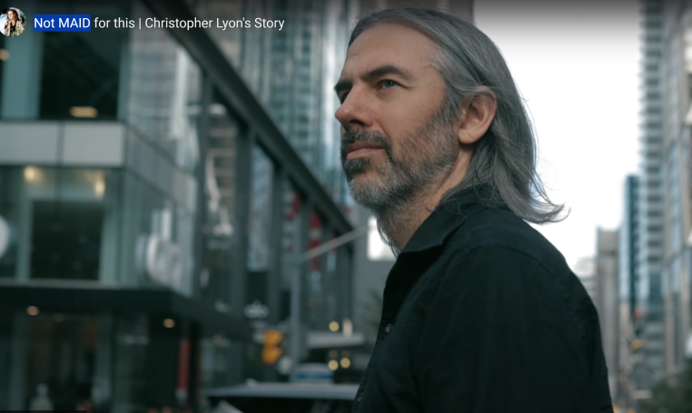
We’ve heard much about how Canada’s vulnerable sector is suffering under COVID-19 restrictions. The pain of residents of long-term care centres (LTC’s) leaps to mind. But what about people with disabilities?
“When the Prime Minister or premiers or others were speaking about COVID-19, they weren’t hearing the concerns of Canadians with disabilities being specifically referenced,” says Professor Michael Prince. He serves on the newly-formed COVID-19 Disability Advisory Group, which works to ensure that the rights of disabled people are protected during this time.
The Fear is Real
Professors Martha Walls and Corey Slumkoski are parents of a child with Down syndrome. They praise the protections afforded to persons with disabilities. But in a climate where healthcare resources are stretched, they worry that
“under some contexts created by the pandemic, people like our child will be denied the medical care they need because of their disability.”
And they fault the media for perpetuating the myth that “healthy” people are of greater value than “unhealthy“.
Group homes are at risk for the same type of outbreaks as seen in LTC’s. “The fear is very real for families who have sons and daughters with developmental disabilities,” says the CEO of Inclusion Alberta. “We’re having to actually walk things back and try and fix them rather than being included in the upfront planning.”
Dying Alone
Even with equal access to healthcare guaranteed, families are deeply affected.
On April 18, Ariis Knight died in a BC hospital of a non-COVID-19 illness. She had cerebral palsy and required the presence of family or a caregiver in order to communicate. But neither relatives nor staff from her group home were permitted in the hospital.
Her brother, who works as a nurse in another city, says,
“I don’t want people that have disabilities to be put in the same situation my sister was in. My sister didn’t need to die alone.”
Time Stolen
Those with disabilities able to live in their own homes, also suffer from the effects of isolation.
Jean Truchon also had cerebral palsy and was one of two Quebecers who effectively fought to expand assisted dying laws in that province. He couldn’t face the prospect of coping alone: “The coronavirus has literally stolen my time with those I love. Seeing what is coming frightens me the most.” So he moved the date of his assisted-suicide up, dying on April 7.
Say Professors Walls and Slumkoski,
“It is important to remember that this pandemic is not just a test of our health-care system. It is also a test of our commitment to being an inclusive society that equally values all citizens.”
Will Canada pass the test?
You Might Also Like
Follow US:




